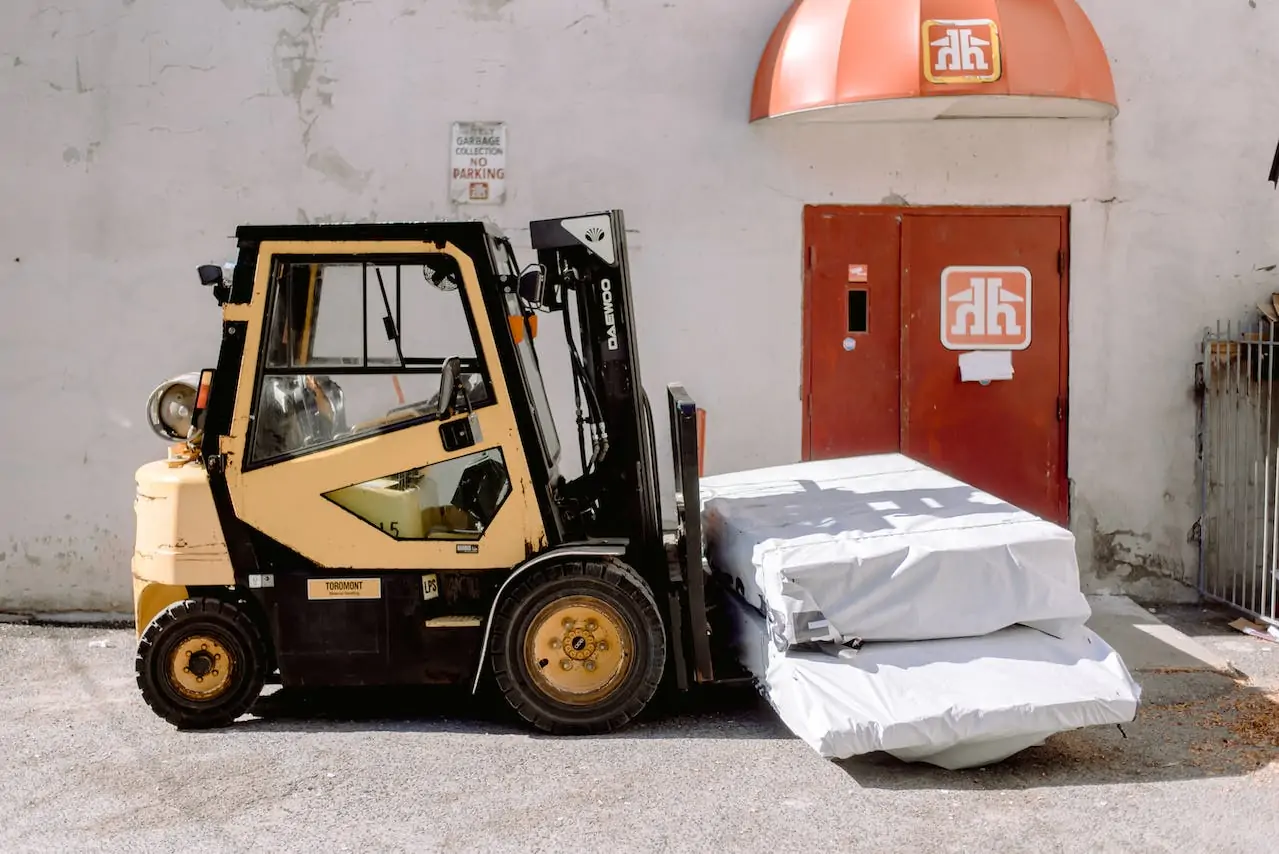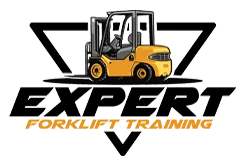Blog Single Style
The essence of interior design will always be about people and how they live. It is about the realities of what makes for an attractive, civilized.
- Home
- Blog Single
- Posted November 16, 2023
- By admin
- 0 Comments
Most Common Industrial Uses of Forklifts

Introduction
Forklifts, whether you call them industrial forklifts or warehouse forklifts, are indispensable tools in the world of material handling. These versatile machines have revolutionized the way businesses manage and move goods within industrial and warehouse settings. From transporting heavy loads to stacking materials efficiently, forklifts play a critical role in enhancing productivity and safety. In this blog, we will explore the most common industrial uses of forklifts, shedding light on their diverse applications and why they are essential in today’s manufacturing and logistics sectors.
Material Handling and Transportation
The most obvious and fundamental use of forklifts in industrial settings is material handling and transportation. These powerful machines are designed to lift, carry, and transport heavy loads with ease. Whether it is palletized goods, raw materials, or finished products, forklifts ensure efficient movement throughout a facility. They enable workers to load and unload items from trucks, move materials within a warehouse, and transport goods to their designated locations swiftly and safely.
Warehousing and Storage
Forklifts are indispensable in the warehousing and storage industry. Their ability to lift and stack pallets efficiently makes them an essential tool for optimizing warehouse operations. Forklifts help workers organize goods on high shelves and retrieve them when needed. They are also critical for creating compact and accessible storage arrangements, thus maximizing the use of warehouse space.
Pallet Handling
Pallets are the standard unit of transport and storage in many industries, and forklifts are purpose-built for managing them. Forklifts equipped with forks or attachments like pallet clamps and rotators are used to lift, carry, and stack pallets. This is a common task in various industrial applications, ranging from manufacturing plants to distribution centers.
Loading and Unloading Trucks
One of the most common applications of industrial forklifts is loading and unloading trucks. Forklift operators skillfully maneuver these machines to move goods in and out of trailers and containers efficiently. This task is essential for ensuring that products are transported to their destination and delivered to customers on time.
Construction Sites
Forklifts also find their place on construction sites. These rough-terrain forklifts are designed to navigate uneven and challenging terrains. They assist in lifting heavy construction materials, machinery, and equipment. The construction industry relies on these industrial forklifts for their ability to manage large loads, making it easier to complete projects on schedule.
Manufacturing and Production
The manufacturing and production sector heavily depends on forklifts to transport raw materials and intermediate goods to different stages of the production process. Forklifts facilitate the efficient flow of materials, reduce manual labor, and minimize the risk of injuries associated with manual material handling.
Retail and Distribution
In the retail industry, forklifts are essential for moving and organizing inventory within distribution centers and stores. These machines make it possible to keep shelves stocked with products, handle restocking, and perform quick inventory turnover. Without forklifts, the retail supply chain would face significant disruptions.
Automotive Industry
The automotive industry relies heavily on forklifts for moving vehicle components and finished automobiles. Forklifts play a vital role in transporting parts within manufacturing facilities and distributing vehicles to dealerships. Their precision and efficiency are crucial for ensuring that the assembly lines run smoothly and that cars reach their destinations without damage.
Recycling Centers
Recycling centers use industrial forklifts for the efficient handling of recyclable materials, such as paper, plastic, glass, and metals. Forklifts can move large bales of recycled materials quickly, making it easier to sort and process these materials for recycling.
Agriculture
In agriculture, forklifts are utilized for a variety of tasks, from loading and unloading bulk bags of feed to transporting harvested crops. They are essential for moving heavy farm equipment and materials, ensuring that farms run efficiently and smoothly.
Airports and Freight Handling
Airports rely on forklifts for loading and unloading cargo from planes and transporting it to and from storage areas. These forklifts need to be highly maneuverable and capable of handling large and fragile cargo, making them indispensable in the world of air freight.
Food and Beverage Industry
The food and beverage industry depends on forklifts for the handling of palletized goods, packaging materials, and storage within manufacturing and distribution facilities. Forklifts ensure that products are moved safely and efficiently, meeting strict hygiene and quality standards.
Cold Storage Facilities
Forklifts are essential in cold storage facilities for moving frozen or refrigerated goods. These forklifts are specially designed to operate in low-temperature environments and handle goods with care to maintain their quality.
Hazardous Material Handling
In industries dealing with hazardous materials, such as chemicals, forklifts equipped with protective features and specialized attachments are employed to oversee these substances safely. They are designed to minimize the risk of exposure to potentially dangerous materials and ensure compliance with strict safety regulations.
Ports and Shipping Yards
Ports and shipping yards are bustling hubs of activity, where the movement of massive cargo containers is a daily occurrence. Forklifts in these environments are often heavy-duty, capable of lifting and transporting enormous containers with precision. These forklifts play a pivotal role in unloading cargo ships and loading them onto trucks or trains for onward transportation.
Movie and Entertainment Industry
Forklifts find a place even in the entertainment world, assisting in the setup and transportation of heavy equipment, props, and stage materials for concerts, film sets, and other live events. Their contribution behind the scenes ensures the seamless execution of dazzling productions.
Forestry and Lumber Industry
In the forestry and lumber industry, forklifts are used to handle heavy logs, transport timber, and load lumber onto trucks for distribution. They help streamline the entire process, from forest to lumberyard, making it more efficient and cost-effective.
High-Rack Storage
In warehouses with high-rack storage systems, where goods are stored vertically, specialized forklifts, often known as reach trucks, are employed. These forklifts can navigate tight aisles and reach high shelves, enabling businesses to maximize their storage capacity.
Rail Yards and Inter modal Facilities
Rail yards and inter modal facilities rely on forklifts to transfer containers and goods between different modes of transportation, such as trains, trucks, and ships. Forklifts facilitate the smooth and efficient movement of cargo within these complex transportation hubs.
Military and Defense
Forklifts are instrumental in military and defense applications for loading and unloading heavy equipment, ammunition, and supplies. Their versatility and ability to operate in various terrains, including rugged landscapes, make them indispensable in military logistics.
Industrial forklifts, often referred to as warehouse forklifts, are versatile machines that have a wide range of applications across various industries. Their ability to lift heavy loads, transport goods efficiently, and optimize material handling processes make them indispensable in modern manufacturing, warehousing, and logistics operations. Whether it is loading and unloading trucks, stacking pallets, or transporting goods within a facility, forklifts play a pivotal role in enhancing productivity and safety. These machines have truly revolutionized the way we manage and move goods in industrial and warehouse settings, making them an invaluable tool in the world of material handling.
